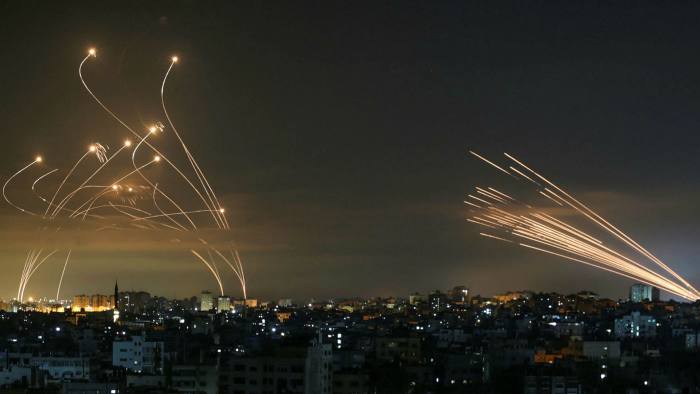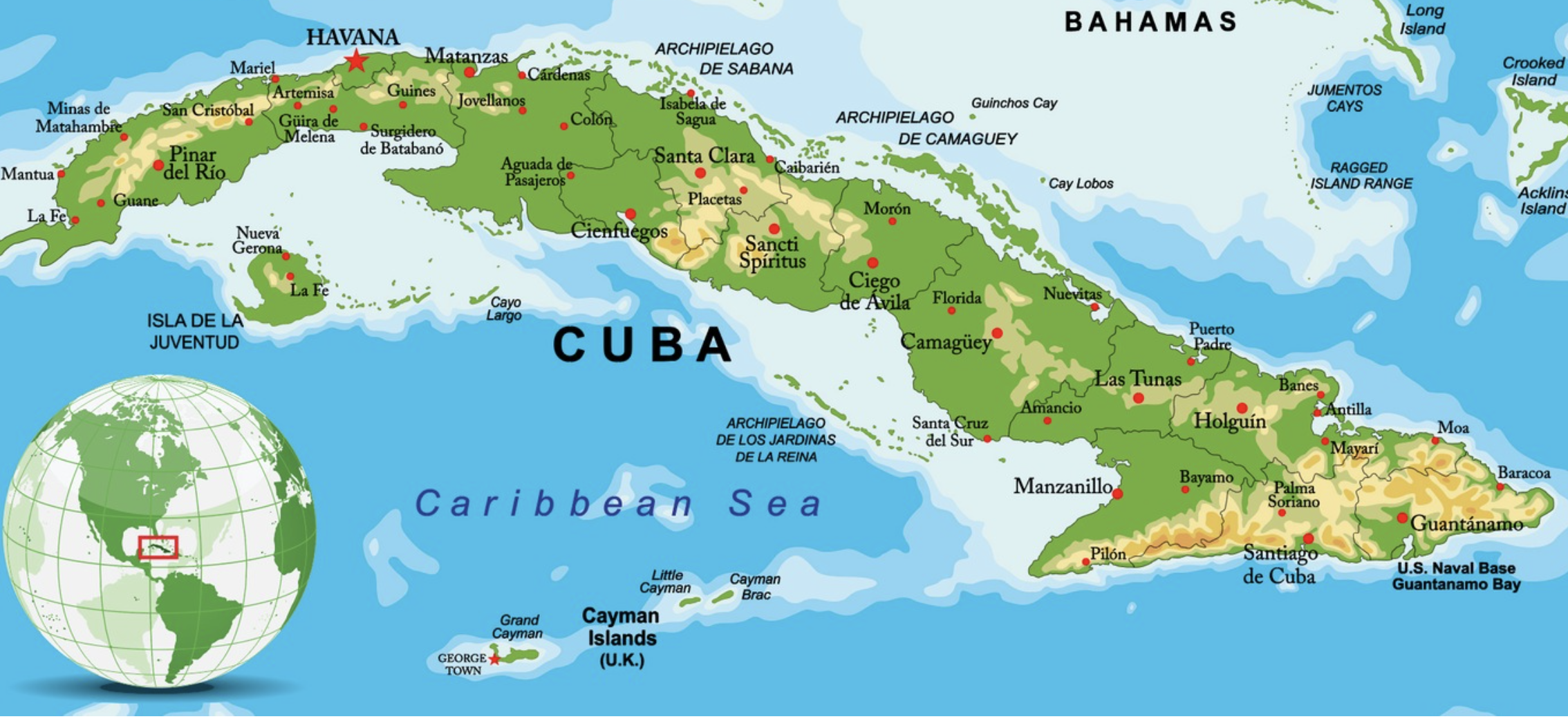The Houthi-Israeli conflict is gaining momentum as Houthi attacks against Israel have increased in frequency and magnitude in recent days.
In the early hours of Christmas Eve, Israeli Defense Forces (IDF) warned of incoming Houthi missile attacks aimed at Israeli civilian population centers.
According to the Times of Israel, some missiles were intercepted by Israel’s iron dome missile defense system.
While Houthi forces have executed drone and missile attacks against commercial shipping ships believed to have direct or indirect links to the US, Israel, or any of their allies, they have recently increasingly directly attacked Israel’s civilian population.
Last week, Israel alleged Houthi air strikes hit a school in central Israel during the early hours of Thursday, December 19th.
The Houthi attacks closely followed US and Israeli strikes on Houthi operations and command centers in recent days.
US and allied forces have been attempting to strike back at the Houthis in a long chain of tit-for-tat actions in response to Houthi aggression against US, Israel, and allies traversing the Gulf of Aden.
However, some criticize the US military and President Joe Biden for the timing and scope of the US’ Houthi response.
According to experts from the Foundation for Defense of Democracies (FDD), the US military strikes on Houthi-controlled territories are ineffective.
Bradley Bowman, the Senior Director of FDD’s Center on Military and Political Power, characterized the strikes as “half-steps for fear of escalation.”
Similarly, Retired Rear Admiral Mark Montgomery claimed the US should impose greater costs on the Houthis and strike Iran, their primary funder.
Given a third of the global container shipping trade traverses the region targeted by the Houthis, their strikes have increased shipping costs, consequently raising prices for consumers.
Meanwhile, US Central Command (CENTCOM) has claimed the US military will be striking Houthi forces in the near future.













